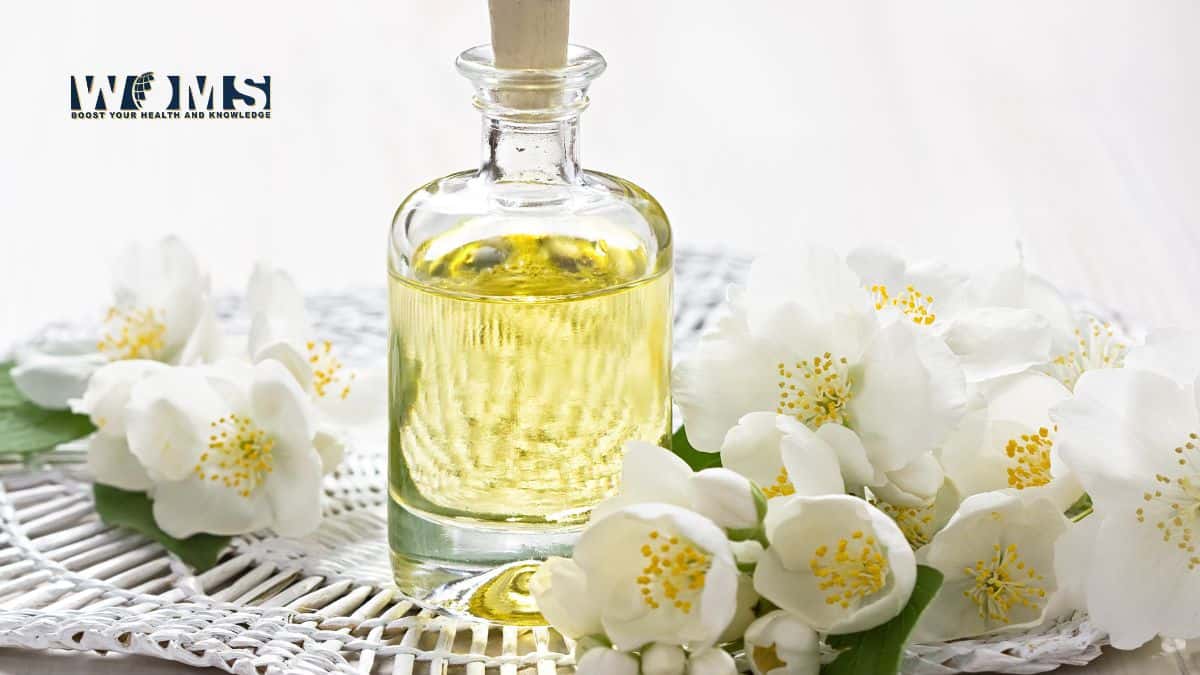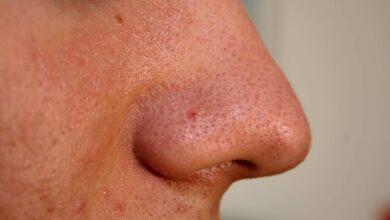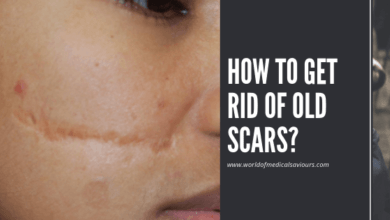Best Essential Oils for Scarring | How to use & Safety

Are you looking for a natural way to improve the appearance of scars? Essential oils have been used for centuries to promote healing and reduce the appearance of scars. In this blog post, we’ll take a look at some of the best essential oils for scarring, and provide tips on how to use them safely.
Whether you’re dealing with a fresh wound or an old scar, these oils can help to reduce redness, promote collagen production, and even out the texture of your skin. So, if you’re ready to give your scars the natural touch, keep reading to learn more about the best essential oils for scarring.
Top 10 Essential Oils for Scarring
Here is the list of best 10 essential oils for scarring:
- Helichrysum oil: Also known as immortelle oil, helichrysum essential oil is a powerful essential oil that has been used for centuries to promote healing and reduce the appearance of scars. This oil is extracted from the flowers of the helichrysum plant, which is native to Mediterranean countries. Helichrysum oil is rich in antioxidants and has anti-inflammatory properties, which can help to reduce redness and inflammation associated with scarring. It is also believed to stimulate the production of collagen, which can help to improve the texture and elasticity of the skin.
- Lavender oil: Lavender oil is known for its calming and soothing properties, and it can also be used to reduce the appearance of scars. It’s also great for preventing infection and helping with wound healing.
- Rosehip oil: Rosehip oil is high in fatty acids and antioxidants, which can help to repair damaged skin and reduce the appearance of scars. It’s also known for its ability to moisturize and hydrate the skin.
- Tea tree oil: Tea tree oil has powerful antimicrobial and anti-inflammatory properties, which can help to prevent infection and promote healing. It can also reduce the appearance of scars and improve the overall texture of the skin.
- Frankincense oil: Frankincense oil can help to reduce inflammation and improve the overall appearance of scars. It’s also known to promote cellular regeneration, which can speed up the healing process.
- Geranium oil: Geranium oil can help to improve the overall appearance of scars by promoting collagen production and reducing inflammation. It also has a balancing effect on the skin, which can help to improve the overall tone and texture of the skin.
- Chamomile oil: Chamomile oil can help to reduce inflammation and promote healing. It’s also known for its ability to calm and soothe the skin, which can help to improve the overall appearance of scars.
- Carrot Seed oil: Carrot seed oil is high in carotenoids and antioxidants, which can help to repair damaged skin and reduce the appearance of scars. It’s also known for its ability to moisturize and hydrate the skin.
- Sandalwood oil: Sandalwood oil can help to reduce inflammation and promote healing, and it also has a grounding and calming effect that can help to reduce the appearance of scars.
- Yarrow oil: Yarrow oil can help to reduce redness and inflammation associated with scarring. It’s also known for its ability to promote healing and regeneration of damaged tissue, which can help to improve the overall appearance of scars.
How To Use Essential Oils for Scarring
There are several ways to use essential oils for scarring, including:
- Topical application: Essential oils can be applied directly to the scar or can be added to a carrier oil such as coconut oil, jojoba oil, or almond oil before application. It’s important to dilute the essential oil with a carrier oil before applying it to the skin to avoid irritation. When using essential oils for scarring, it’s best to apply them to the affected area 2-3 times per day.
- Aromatherapy: Aromatherapy is the practice of using essential oils to promote physical and emotional well-being. Essential oils can be used in diffusers to create an aromatic environment, which can help to promote relaxation and reduce stress, and in this way can help with scar healing.
- Bath soak: Adding a few drops of essential oils to a warm bath can help to promote relaxation and reduce stress, and help in the healing process.
- Massage: Massaging essential oils into the scar can help to improve blood flow, reduce inflammation and promote healing.
- Compress: Soaking a cloth in a mixture of water and essential oil, and then applying it to the scar, can help to reduce inflammation and improve blood flow to the affected area.
It’s always recommended to dilute essential oils before use and patch test, and also check for any potential allergies. It’s also important to keep in mind that while essential oils can be an effective natural remedy for scarring, they should be used in conjunction with other treatments such as sunscreen, moisturizers and another skincare routine, and If you have any concerns about the use of essential oils for scarring, it’s always best to consult a healthcare professional.
Safety Precautions To Take
When using essential oils for scarring, it’s important to take the following safety precautions:
- Dilution: Essential oils should always be diluted before use. This helps to reduce the risk of skin irritation and allergic reactions. Use a carrier oil such as coconut oil, jojoba oil, or almond oil to dilute the essential oil before applying it to the skin.
- Patch test: Before using an essential oil, it’s important to do a patch test to check for any potential allergic reactions. Apply a small amount of the diluted oil to a small area of skin, such as the inside of the elbow, and wait 24 hours to see if any redness, itching, or irritation occurs.
- Avoid sun exposure: Some essential oils can make your skin more sensitive to sunlight. Be sure to avoid sun exposure after applying essential oils to the skin, or use sunscreen with a high SPF if you must be in the sun.
- Avoid sensitive areas: Essential oils should be avoided on sensitive areas such as eyes, ears, and mucous membranes.
- Do not ingest essential oils: Essential oils are highly concentrated and should never be ingested. Ingestion can cause serious health problems and should be avoided.
- Consult with your doctor: If you’re pregnant, breastfeeding, or have any medical condition, consult with your doctor before using essential oils.
- Keep out of reach of children: Essential oils should be kept out of reach of children and pets.
- Not all oils are suitable for all skin types: Some oils may cause irritation or allergic reactions on certain skin types. Therefore, it’s important to patch-test the oils and check if they are suitable for your skin.
By following these safety precautions, you can help to ensure that you are using essential oils for scarring safely and effectively.
Conclusion
In conclusion, essential oils can be an effective natural remedy for scarring, as many of them have anti-inflammatory and healing properties that can help to reduce the appearance of scars. Some of the best essential oils for scarring include helichrysum oil, lavender oil, rosehip oil, tea tree oil, and frankincense oil.
However, it’s important to use essential oils safely and correctly. Dilute the oil with a carrier oil before use, patch test the oil, avoid sun exposure after use and consult with a healthcare professional if you have any concerns. It’s also important to remember that essential oils should be used in conjunction with other treatments such as sunscreen, moisturizers and other skincare routines.
By using these tips, you can help to ensure that you are using essential oils for scarring in the most effective and safest way possible.




